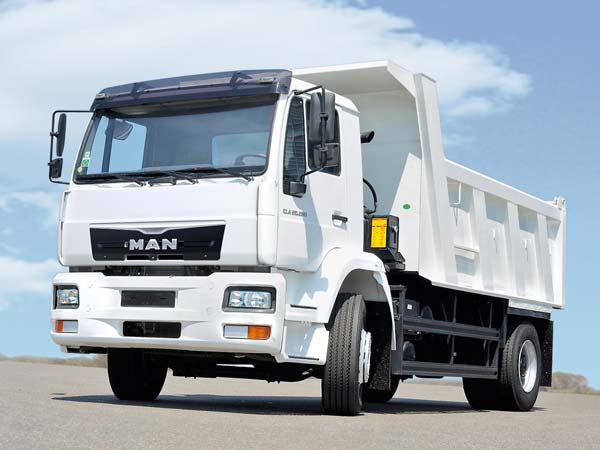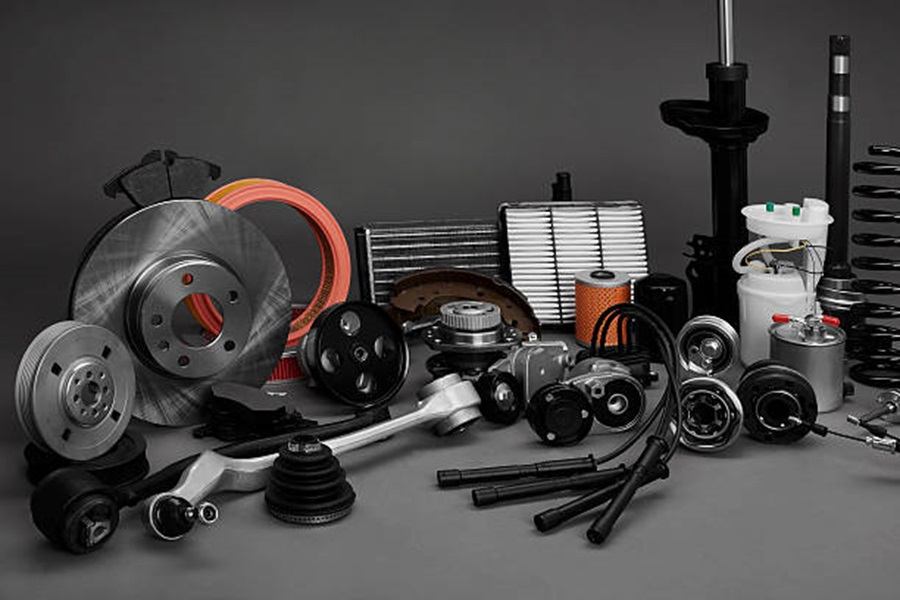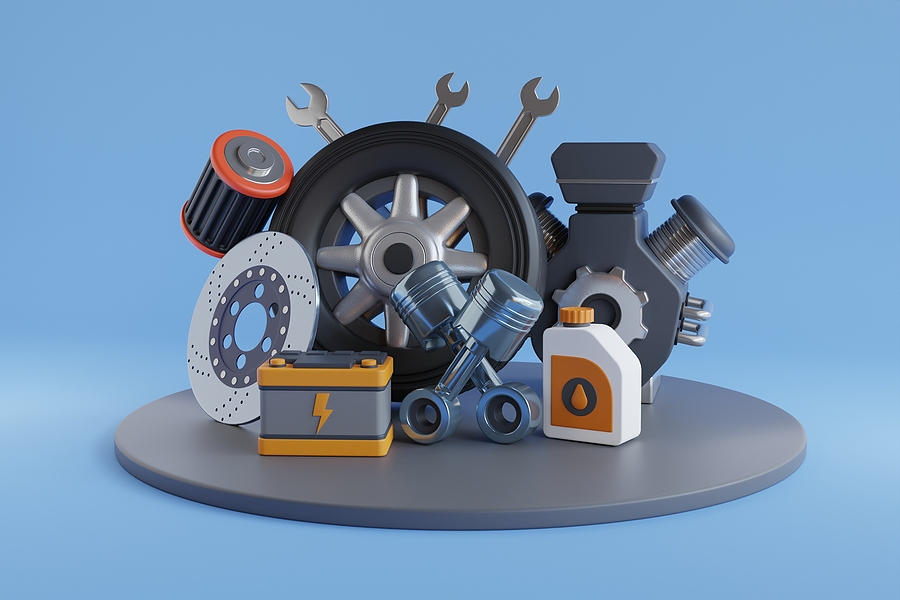When it comes to choosing a truck, one of the most important decisions you’ll face is whether to go with a light-duty or heavy-duty model. Both types of trucks offer distinct advantages, but the right choice depends largely on your specific needs, whether for work, play, or daily driving. This article will explore the key differences between light-duty and heavy-duty trucks, helping you determine which is best suited to your requirements.

Understanding the Basics: What is a Light-Duty Truck?
Light-duty trucks are designed primarily for everyday use, offering a balance between performance, comfort, and fuel efficiency. These trucks are popular among individuals who need a versatile vehicle that can handle daily driving, occasional towing, and light hauling.
- Engine Power and Performance: Light-duty trucks typically come with smaller engines compared to their heavy-duty counterparts. They often feature V6 or small V8 engines, providing sufficient power for most driving situations, including towing small trailers and hauling moderate loads.
- Towing and Payload Capacity: The towing capacity of light-duty trucks generally ranges from 5,000 to 10,000 pounds, depending on the model and configuration. This makes them ideal for towing small boats, campers, or utility trailers. Payload capacities also vary but are typically between 1,500 and 2,500 pounds.
- Fuel Efficiency: One of the significant advantages of light-duty trucks is their fuel efficiency. They are designed to offer better gas mileage, making them more economical for daily use and long drives.
- Comfort and Features: Light-duty trucks often come equipped with a wide range of comfort features, including advanced infotainment systems, plush interiors, and smooth ride quality. They are built to provide a comfortable driving experience, whether you’re commuting to work or heading out on a weekend adventure.
What is a Heavy-Duty Truck?
Heavy-duty trucks, on the other hand, are built for more demanding tasks. They are the go-to choice for those who need to tow large trailers, haul heavy loads, or handle tough off-road conditions. These trucks are designed with power and durability in mind, often sacrificing fuel efficiency and comfort for raw strength.
- Engine Power and Performance: Heavy-duty trucks come with larger, more powerful engines, such as turbocharged V8s or even diesel options. These engines deliver significantly higher torque, essential for towing heavy trailers and carrying large payloads.
- Towing and Payload Capacity: The primary reason to choose a heavy-duty truck is its superior towing and payload capacities. Heavy-duty models can tow anywhere from 15,000 to 35,000 pounds, making them ideal for hauling large RVs, horse trailers, or heavy equipment. Payload capacities can exceed 7,000 pounds, depending on the model.
- Durability and Build Quality: Heavy-duty trucks are built with reinforced frames, heavy-duty suspension systems, and larger brakes to handle the stress of carrying and towing heavy loads. These trucks are designed to withstand harsh conditions, making them a reliable choice for construction work, farming, and other demanding tasks.
- Fuel Efficiency: Due to their larger engines and heavier build, heavy-duty trucks are generally less fuel-efficient than light-duty models. This trade-off is often necessary for those who require the additional power and capabilities.
Which Truck Do You Need?
Deciding between a light-duty and heavy-duty truck depends on your specific needs and how you plan to use the vehicle.
- For Daily Driving and Light Hauling: If you primarily use your truck for commuting, light hauling, and occasional towing, a light-duty truck is likely the best option. It offers a good balance of power, fuel efficiency, and comfort, making it a versatile choice for everyday use.
- For Towing Heavy Loads and Demanding Work: If your work involves towing large trailers, hauling heavy loads, or navigating tough terrain, a heavy-duty truck is the better choice. Its superior towing and payload capacities, combined with its durable build, make it the ideal vehicle for heavy-duty tasks.
- Budget Considerations: Light-duty trucks are generally more affordable upfront and cost less to operate due to their better fuel efficiency. Heavy-duty trucks, while more expensive, offer the power and capabilities necessary for specific tasks, justifying the higher cost for those who need it.
Conclusion
Choosing between a light-duty and heavy-duty truck is a decision that hinges on your specific needs. If you need a versatile vehicle for daily driving with the ability to handle occasional towing, a light-duty truck is likely the right choice. However, if your work requires serious towing power and payload capacity, investing in a heavy-duty truck will provide the strength and durability you need. By understanding the key differences and evaluating your requirements, you can make an informed decision that ensures your truck meets all your expectations.










